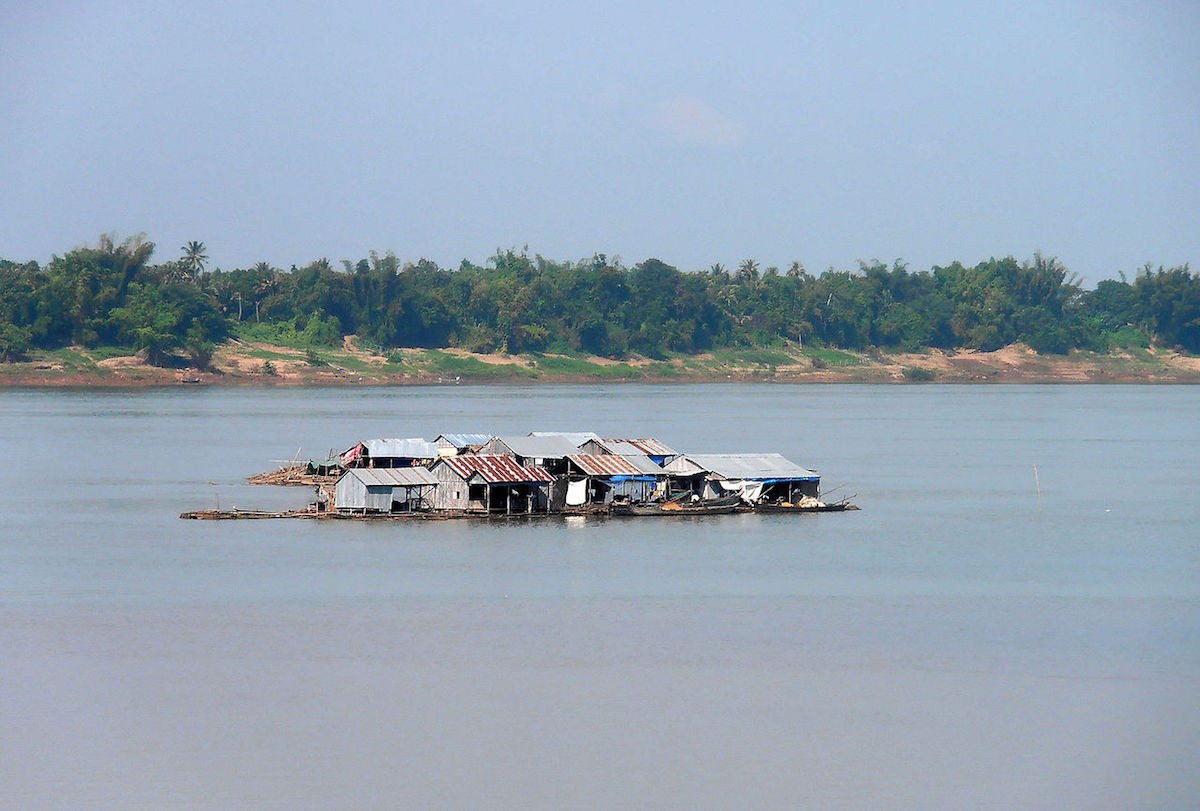Academics urged the government to prioritise the protection of people’s health from the threat of chemical contamination and ensure a healthy environment in keeping with the county’s pledge to pursue Sustainable Development Goals (SDGs).
The group of professors and researchers in the medical and environmental fields from Thailand’s leading universities pressed two major demands on the authorities in an academic seminar titled “Academic truths on the controlling of hazardous chemicals: paraquat, glyphosate, and chlorpyrifos” at Chulalongkorn University yesterday.
The academics called on the relevant agencies to consider the banning of paraquat, glyphosate, and chlorpyrifos in Thailand and reform the country’s agriculture in order to switch from chemical farming to more environmentally friendly organic farming.
Paraquat and glyphosate are widely used herbicides in Thailand, where chlorpyrifos is routinely used as a pesticide.
The deputy director of the Centre of Excellence on Environmental Health and Toxicology, Jutamaad Satayavivad, stated that people in Thailand have been facing “silent threats” from the intensive use of chemicals in the agricultural sector, especially paraquat which has been identified as a very hazardous substance when coming into direct contact with the human body.
Jutamaad revealed that not only can these chemicals have acute effects on health – the mortality rate for consuming paraquat is as high as 46.18 per cent – they also trigger severe chronic symptoms in humans. Recent studies revealed that prolonged exposure to these chemicals could significantly increase the risk of lung cancer and breast cancer.

Dr Thiravat Hemachudha, head of the Emerging Infectious Disease Health Science Centre at Chulalongkorn University’s Faculty of Medicine, also revealed that many studies found that people who worked closely with these chemicals for a long period of time had 70 per cent more chance of suffering from Parkinson’s disease.
Noppadon Kitana, head of the Biology Department at the Faculty of Science, Chulalongkorn University, said that in addition to the health threats from direct exposure to these chemicals, the continuous intensive use of herbicides and pesticides also caused severe chemical contamination in the ecosystem. Many studies, including his own, found high residues of paraquat, glyphosate, and chlorpyrifos in soil, water, vegetable, and aquatic animal samples.
“The findings of chemical contamination in food and the ecosystem prove that consumers are not safe from health threats caused by these chemicals, hence we would like to ask the government to solve this problem by banning these harmful substances once and for all,” Noppadon said.
“Moreover, the government has the duty to ensure a clean environment and healthy living conditions for all citizens, under our obligations to the international community to follow the SDGs.”
As the plan to ban these three commonly used farming chemicals has met with strong opposition from some groups of farmers, he suggested that the authorities and all stakeholders in the agricultural sector needed to move forward from chemical farming to organic farming. It has already been proved that chemical-free farming can guarantee similar or even higher yields than traditional ways of farming, he said.
Drug System Monitoring Mechanism Development Centre manager Dr Niyada Kiatying-Angsulee emphasised that when considering environmental and health policies, authorities must take a precautionary approach as an assurance that the environment and citizen’s well-being would be properly protected.
The academics’ request to the government has been made a week before the Hazardous Substance Committee will have to make a decision next Wednesday on whether the country should ban paraquat and chlorpyrifos and limit the use of glyphosate. “In this forum, we have provided much evidence of the dangers from these chemicals to the health, to the farmers, those who use the chemicals, their family members and even the consumers who eat unsafe food,” Niyada said.
“So, we only hope that the relevant agencies will consider our information, judge from the scientific facts, and ban these harmful chemicals in order to protect the people from avoidable dangers to their health and well-being.”




